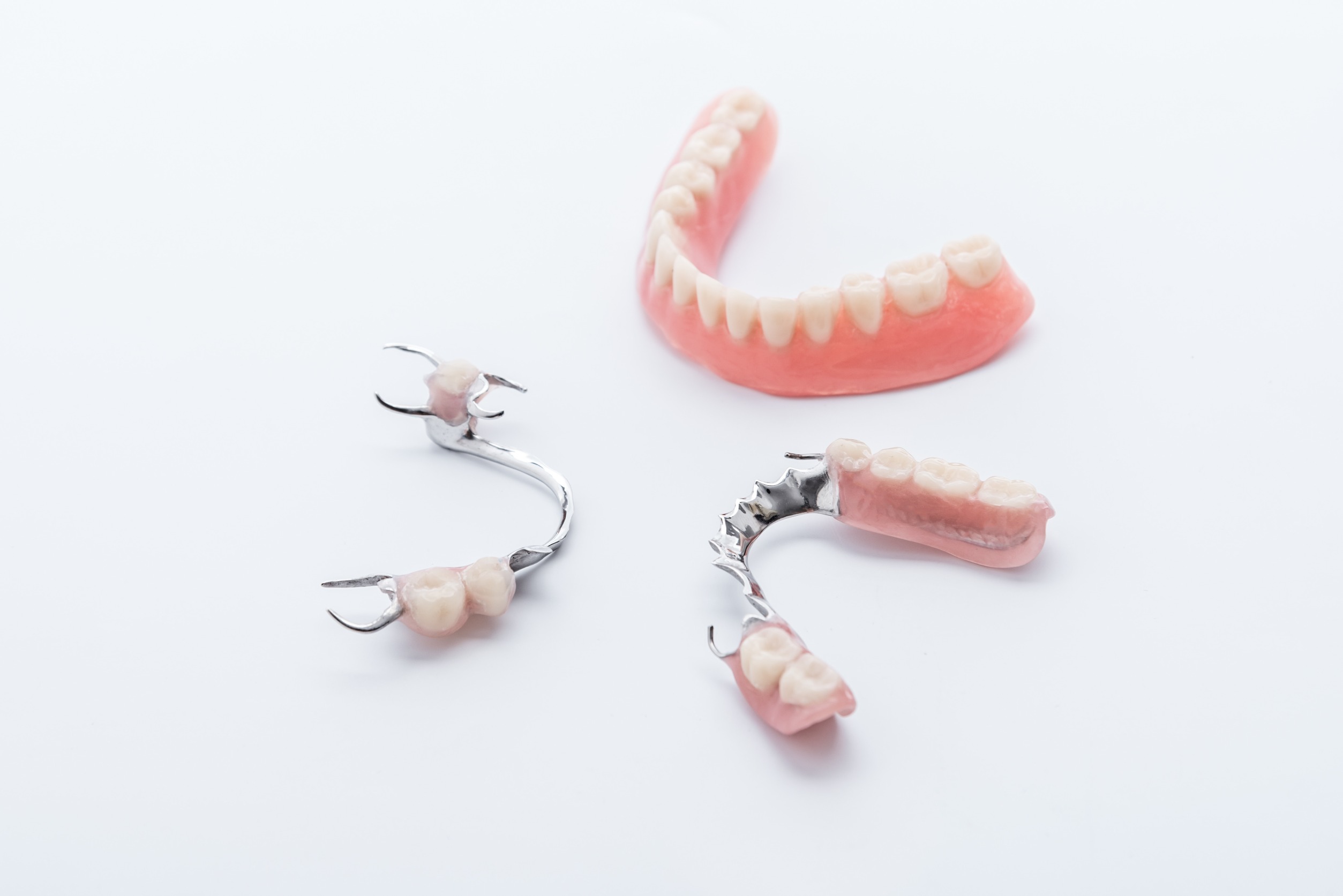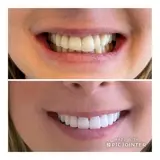Contact our English-speaking team to discuss your dental goals, medical history, and preferred travel dates.
Why International Patients Choose Dentelli for All-on-4 Dental Implants?
Here’s how easy it is to get started:
Dentelli Patients - Smiles Before and After
All-on-4 vs Dentures
Alternatives to Dental Implants
 As we age, many of us may find ourselves facing the decision of whether to opt for traditional dentures or the innovative All-on-4 dental implants. Both options offer solutions for missing teeth and can restore functionality to your smile, but there are key differences that may make one option more suitable for your individual needs.
As we age, many of us may find ourselves facing the decision of whether to opt for traditional dentures or the innovative All-on-4 dental implants. Both options offer solutions for missing teeth and can restore functionality to your smile, but there are key differences that may make one option more suitable for your individual needs.
Traditional Dentures: A Long-Standing Solution
Dentures have long been a popular choice for replacing missing teeth among older adults. These removable prosthetic devices are custom-made to fit your mouth and can be easily taken out for cleaning. Dentures come in two forms: full dentures, which replace all of the teeth in either the upper or lower jaw, and partial dentures, which replace only a few missing teeth.
Pros and Cons of Dentures
While dentures are a cost-effective and non-invasive option for restoring your smile, they may come with some drawbacks. Many denture wearers report issues with discomfort, slipping, and difficulty chewing or speaking. Additionally, traditional dentures may need to be replaced or readjusted every few years as the shape of your jaw changes over time.
All-on-4 Implants: A Modern Alternative
On the other hand, All-on-4 dental implants offer a more permanent and natural-looking solution for missing teeth. This innovative technique involves anchoring a full set of prosthetic teeth to just four dental implants per jaw. The implants are surgically placed into the jawbone, providing stability and preventing bone loss.
Advantages of All-on-4 Implants
One of the most significant advantages of All-on-4 implants is their ability to function similarly to natural teeth. Patients can enjoy a wider range of foods without worrying about their prosthetic teeth shifting or falling out. Additionally, All-on-4 implants can help maintain the structure of the jawbone and prevent the sunken appearance that often accompanies missing teeth.
Cost Considerations
While All-on-4 dental implants are a more costly investment upfront compared to dentures, many patients find the long-term benefits to outweigh the initial expense. With proper care and maintenance, All-on-4 implants can last a lifetime, making them a cost-effective solution in the long run.
Making the Right Choice for You
Ultimately, the decision between All-on-4 implants and dentures will depend on your individual needs, budget, and lifestyle. Consulting with a qualified dentist or prosthodontist can help you determine which option is best suited for you. Whether you choose dentures or All-on-4 implants, restoring your smile can improve your quality of life and boost your confidence as you age.
Our dental implants are expertly placed into the jawbone, sometimes requiring bone grafting for optimal results. Crafted from high-quality titanium in our own lab, the implant bases provide a strong foundation. The crowns, made from full zirconia, offer superior aesthetics, durability, and strength. We use Nobel Biocare implants, recognised as one of the top choices in implant technology, ensuring you receive the best in quality and performance.
Transform Your Smile with Expert Dental Implants in Split
Achieve lasting results with advanced implant solutions like All-on-4. Book your consultation today and combine world-class dental care with the charm of Split!
from 7000€ per 1 jaw including 2 visits
All-on-4 Dental Implants Cost
How long does the treatment process take?
1st Visit (2 days)
2nd Visit (5-7 days)
The Ultimate Guide
Full Smile Restoration with All-on-4 Implants

Dr Martina Karlo
"This topic is one of my favorites. Although I’m not a surgeon, I’m usually the first point of contact as a prosthodontist to discuss procedures like All-on-4 and All-on-6 with my patients..."

 All on 4 from €7000* | Single Implant €750
All on 4 from €7000* | Single Implant €750







